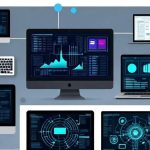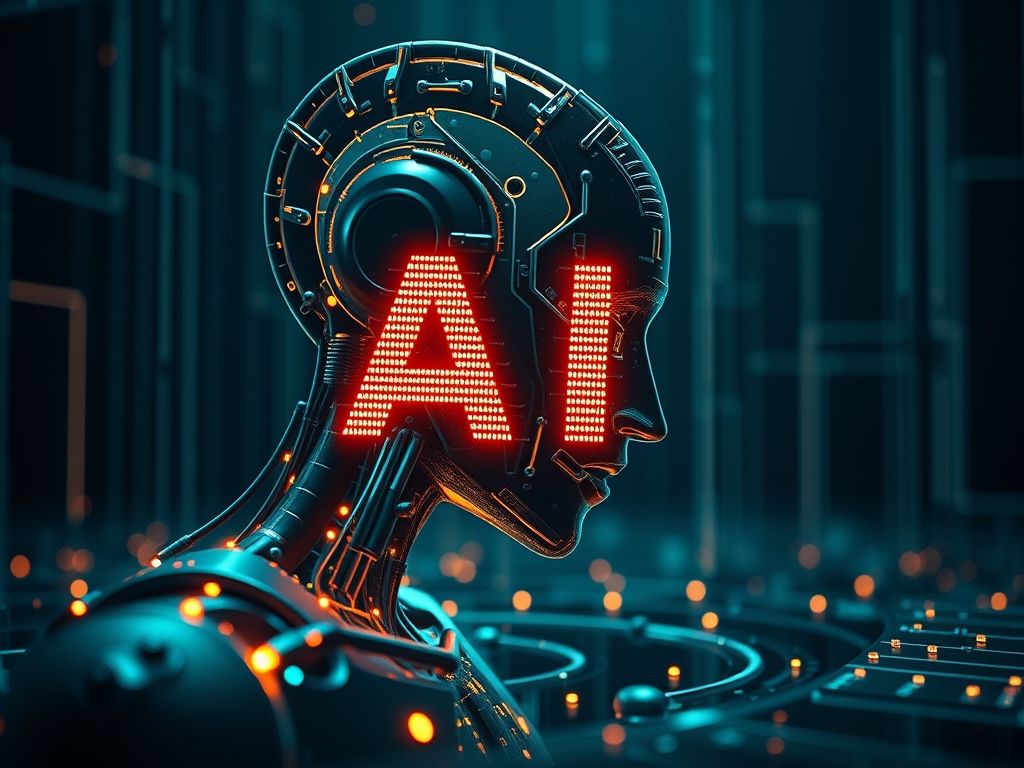Understanding AI Future: A Comprehensive Definition
The term AI Future refers to the anticipated developments and advancements in Artificial Intelligence technologies that will shape various aspects of society, industry, and daily life. As AI continues to evolve, it promises to revolutionize the way we interact with technology, enhance productivity, and address complex challenges across multiple domains.
Why AI Future Matters in Today’s World
As technology permeates every facet of human life, understanding the implications of AI Future becomes crucial. This concept encompasses far more than mere predictions; it includes practical applications, ethical considerations, and the potential for innovation that can redefine industries. For programmers, web developers, and server administrators, grasping the nuances of AI Future allows for strategic planning and skill development that align with technological trends.
Key Aspects of AI Future
- Technological Advancements: Innovations in machine learning, natural language processing, and robotics.
- Ethical Considerations: The importance of responsible AI use and addressing bias.
- Industry Disruption: How AI will transform sectors like healthcare, finance, and transportation.
- Workforce Impacts: The evolution of job roles and the need for reskilling.
Technological Advancements in AI
As we look toward the AI Future, several key technologies are at the forefront:
- Machine Learning: Algorithms that enable systems to learn from data and improve over time.
- Natural Language Processing (NLP): Enhancing human-computer interaction through understanding and generating human language.
- Robotics: The integration of AI in physical machines that can perform tasks autonomously.
For example, in healthcare, machine learning algorithms can analyze vast datasets to assist in diagnosing diseases, predicting patient outcomes, and personalizing treatment plans.
Ethical Considerations in the AI Future
The rapid advancement of AI technologies raises critical ethical questions. Developers and IT professionals must consider:
- How to ensure fairness and transparency in AI algorithms.
- The implications of data privacy and security.
- The potential for AI to perpetuate existing biases.
For instance, when developing machine learning models, it’s essential to use diverse datasets to avoid biased outcomes, ensuring that AI systems benefit all users equitably.
Industry Disruption Through AI
AI is set to disrupt numerous industries:
- Healthcare: AI-driven diagnostics and predictive analytics can lead to better patient care.
- Finance: Algorithms analyze market trends and automate trading, enhancing decision-making.
- Transportation: Autonomous vehicles are revolutionizing logistics and personal travel.
A real-world application of AI in finance is robo-advisors, which provide automated, algorithm-driven financial planning services with minimal human intervention.
Workforce Impacts of AI
The AI Future also brings significant changes to the workforce. As automation takes over routine tasks, there’s an increasing demand for skilled professionals capable of working alongside AI systems. Here are key considerations for IT professionals:
- Reskilling and upskilling to adapt to new technologies.
- Developing interdisciplinary skills that combine AI knowledge with domain expertise.
- Understanding the interplay between AI and cybersecurity.
For instance, server administrators may need to learn how to manage AI-driven analytics tools that optimize server performance and resource allocation.
Practical Applications of AI Future
Implementing AI technologies in day-to-day operations can be straightforward. Here are several ways IT professionals can leverage AI:
- Automate Routine Tasks: Utilize AI tools to streamline repetitive processes, such as data entry or system monitoring.
- Enhance User Experience: Implement chatbots for customer service that improve response time and customer satisfaction.
- Data Analysis: Use AI-powered analytics platforms to draw insights from large datasets, aiding in decision-making.
For example, a web developer might integrate AI chatbots on their website to provide instant assistance to users, enhancing engagement and satisfaction.
Related Concepts within AI Future
Understanding AI Future also involves recognizing its connection to other concepts:
- Machine Learning: A subset of AI focused on data-driven learning.
- Deep Learning: A more complex form of machine learning that uses neural networks.
- Data Science: The field that combines statistics, data analysis, and machine learning to extract insights.
These concepts interlink with AI Future, providing a broader understanding of how technology is evolving.
Conclusion: Embracing the AI Future
The AI Future is not a distant reality; it is already shaping our lives. For programmers, web developers, and server administrators, it offers both challenges and opportunities. By understanding the key aspects of AI, ethical implications, and practical applications, IT professionals can position themselves at the forefront of this technological revolution.
As you reflect on the possibilities of AI, consider how you can incorporate these insights into your work. Whether it’s through adopting new technologies, improving workflows, or enhancing user experiences, the AI Future is yours to shape.









